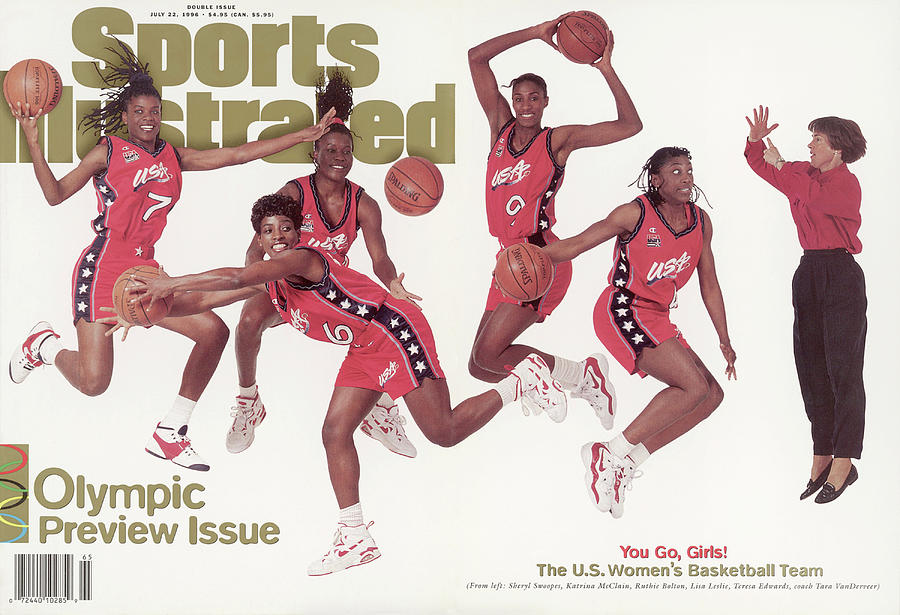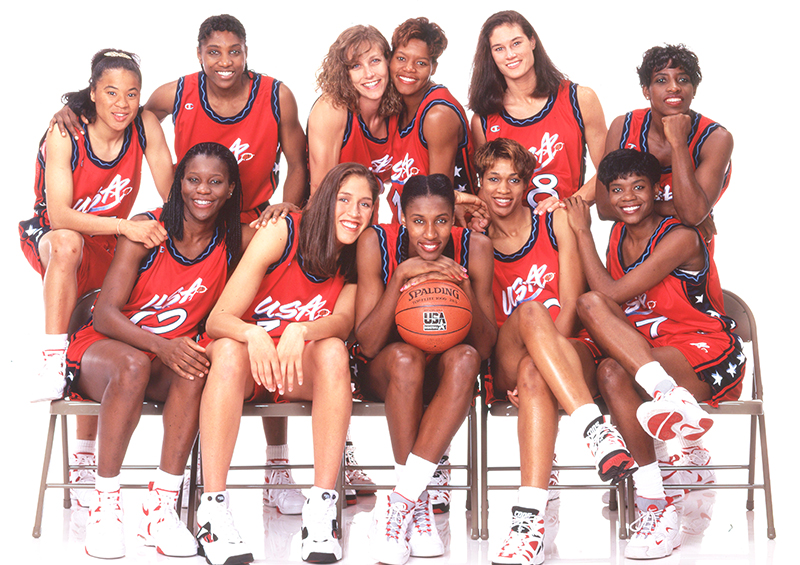By: Zachary Draves
This is the first in a series of articles to commemorate the 25th anniversary of the Summer Olympics in Atlanta, Georgia.
It marked the Centennial (100th) games and Angeles was the last time an American city hosted a summer games.
Atlanta gave us some of the most memorable moments that changed the course of history in the world of sports.
The U.S. Women’s Basketball Team was a prime example of that.
Before 1996, Women’s Basketball was relegated to the college scene and even with a small glimpse of growth with the ascendance of UConn and Tennessee, there was largely under the radar in terms of media coverage and marketing.
At the 1992 Olympics in Barcelona, the Women’s team came home with the bronze and did the same at the 1994 World Championships.
Team USA’s dominance in the world of hoops started to fade until 1995 when the women’s team embarked on what was then a revolutionary approach of not only going into Atlanta to win gold but to increase the visibility and prominence of women’s basketball in the US.
They set up a nationwide program to recruit the best women players in the country and once the team was finalized, they were together for 10 months and took on a 52 game schedule across the globe in preparation for Atlanta.
“Having this team together for 10 months was designed to replicate the Dream Team success of 1992” said Val Ackerman, the first WNBA commissioner who was instrumental in the development of the 96 team and current commissioner of the Big East.
“It was for the NBA to test the waters of a potential professional league.”
During this time, the world got a glimpse into what would become one of the greatest teams ever assembled in the history of team sports as they went 52-0 playing against collegiate and international competition.
The team comprised future legends including Sheryl Swoopes, Lisa Leslie, Teresa Edwards, Ruthie Bolton, Rebecca Lobo, and Dawn Staley.

(Courtesy: Sports Illustrated Covers)
They steamrolled into Atlanta and won the gold handily before a packed crowd in Georgia.

(Courtesy: Deadline)

(Courtesy: Denver Post)
Not only did they come out on top, but they also won the hearts of millions which set the tone for the debut of the WNBA one year later.
“It was incredible for basketball and it was an amazing event” said Ackerman
“I was teary-eyed at the gold medal game. It was very well rated and it paved the way for the success of the WNBA.”
The team’s success crystallized what was the year of the woman in Atlanta as the U.S. women’s gymnastics, softball, soccer, and swimming teams won gold and became national icons, marking a huge milestone for gender equality in sports and was the first global display of the effects of Title IX that was passed in 1972.
Val adds another legacy point that should not be forgotten but unfortunately is not acknowledged enough.
“It should be noted that it became the beginning of the winning stream of the women’s team” she said.
“In Tokyo, we are going for seven straight gold medals”.
In other words, Atlanta was the launch site of what is arguably one of the greatest dynasty runs in all of sports.

(Courtesy: Youtube)
All this and then some solidifies the 96 women’s team a special in history and their story will be told next year as ESPN is set to release a new 30 for 30 documentary about their journey.
Never forget that it was in Atlanta where the world collectively said She Got Game.


 NFL
NFL





